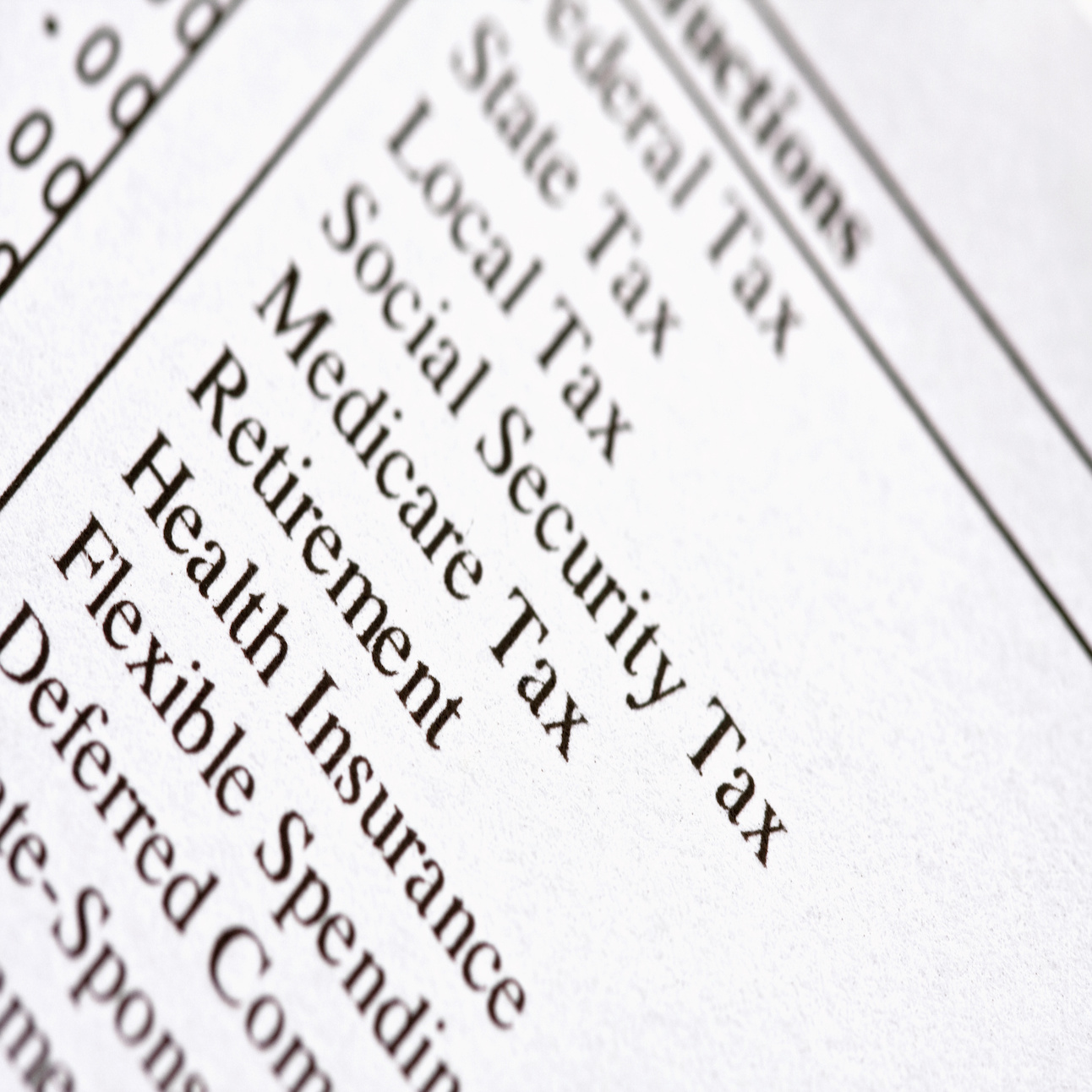
Saving money is a crucial aspect of personal finance. It lays the foundation for a stable and secure financial future. It’s the one thing financial advisors say is the most important thing for a healthy financial future.
Whether you’re just starting your career or are well-established in your profession, determining how much of your paycheck should go to savings is a fundamental question.While there’s no one-size-fits-all answer, understanding key financial principles can help you strike the right balance between spending and saving. There are many guidelines and considerations to help you make informed decisions about your paycheck.
How much should be allocated to savings? How should you manage your paycheck budget? Read on and we’ll walk you through what you need to know.
Set Clear Financial Goals
The first step in determining how much to save is to set clear financial goals.
Establish both short-term and long-term objectives. These could be things such as creating an emergency fund, saving for a down payment on a house, or paying off debts. It could also be funding retirement, or planning for a dream vacation.
Once you have defined your goals, you can allocate your savings accordingly, giving priority to the most urgent and important objectives.
It’s helpful to have a goalpost in this way, as it will give you a more literal point to work towards.
To ensure consistent savings, adopt the “pay yourself first” mentality.
Treat your savings as a non-negotiable expense, just like paying bills. Set up automatic transfers to your savings accounts right after you receive your paycheck.
By doing so, you remove the temptation to spend the money before saving it.
Utilize the 50/30/20 Rule
A widely adopted rule of thumb for budgeting is the 50/30/20 rule. This rule recommends dividing your after-tax income into three categories.
First, you could set 50% aside for essentials. This includes necessary expenses like rent or mortgage, utilities, groceries, transportation, and insurance.
Then, 30% for discretionary spending. Allocate this portion for non-essential items like entertainment, dining out, hobbies, and leisure activities.
Finally, you can set 20% for your savings. The remaining portion should be dedicated to your goals. That means contributions to retirement accounts, emergency funds, and other long-term financial goals.
Adhering to the 50/30/20 rule can help you maintain a balanced financial life. It can ensure that you are saving a substantial portion of your income without neglecting essential expenses or enjoyable experiences.
If you’re finding it challenging to save a significant portion of your income immediately, start small. Then, you can gradually increase your savings contributions over time.
Even adding a small percentage of your paycheck each month can make a difference in the long run.
Always Keep an Emergency Fund
Before focusing on other savings goals, it’s essential to prioritize building an emergency fund. If you don’t have any savings in place, this will be the goal that you should really start with.
An emergency fund serves as a safety net during unexpected events, such as medical emergencies, car repairs, or job loss. Financial experts recommend saving at least three to six months’ worth of living expenses. You can keep these in an easily accessible account, like a high-yield savings account or a money market fund.
Once your emergency fund is fully established, you can allocate more funds to other savings goals. All of this can benefit your life in many helpful ways.
Take Advantage of Employer Aid
Depending on where you work, your employer may have plans in place that can help you build your savings directly from your weekly pay.
If your employer offers a retirement savings plan like a 401(k) or a 403(b), take advantage of it. These accounts provide tax advantages and often include employer-matching contributions, effectively boosting your savings.
Make sure to contribute enough to take full advantage of any employer match, as it’s essentially free money. This influx of extra cash can significantly accelerate your retirement savings.
What about when you get extra, unexpected income from work?
Whenever you receive unexpected windfalls like bonuses, tax refunds, or monetary gifts, consider using a portion of these to boost your savings.
Yes, it’s essential to treat yourself occasionally. At the same time, allocating a significant part of windfalls to savings can help accelerate your financial goals.
Look At Different Kind of Savings Accounts
Not all bank accounts are the same. Often, where you keep your savings is just as important as the work you’re putting into creating them.
Ideally, you want to keep your money where it will grow.
Research various savings account options, such as high-yield savings accounts, certificates of deposit (CDs), or individual retirement accounts (IRAs).
Each account type has different benefits, so choose the one that aligns with your savings goals and risk tolerance.
If you’ve established a robust emergency fund, consider exploring investment opportunities. Investments can potentially yield higher returns, helping you grow your wealth faster than traditional savings accounts.
However, keep in mind that investments carry inherent risks. For this reason, it’s essential to understand your personal risk tolerance. Do thorough research before investing.
Stay Flexible and Be Willing to Readjust
Life circumstances and financial goals can change over time. It’s essential to periodically reevaluate your savings strategy and adjust it accordingly.
Major life events like marriage, buying a home, having children, or a career change will likely change the path you’re on. These all might warrant a review of your savings plan to accommodate new financial priorities.
Even more minor changes to your daily life might necessitate a change in priorities.
Regularly track your spending to identify areas where you can cut back. Review your expenses to find potential money leaks. Redirect those funds to your savings.
Managing Your Paycheck Budget
If you’re looking to get better at building savings, you’ll need to keep the above tips and tricks in mind. It’s important to keep a sense of a paycheck budget in mind so you can be sure that the money you’re making at work is helping you out in a more long-term sense.
Need more paycheck savings advice and info? Looking to help bolster your current financial position? Reach out to us anytime for more assistance.


